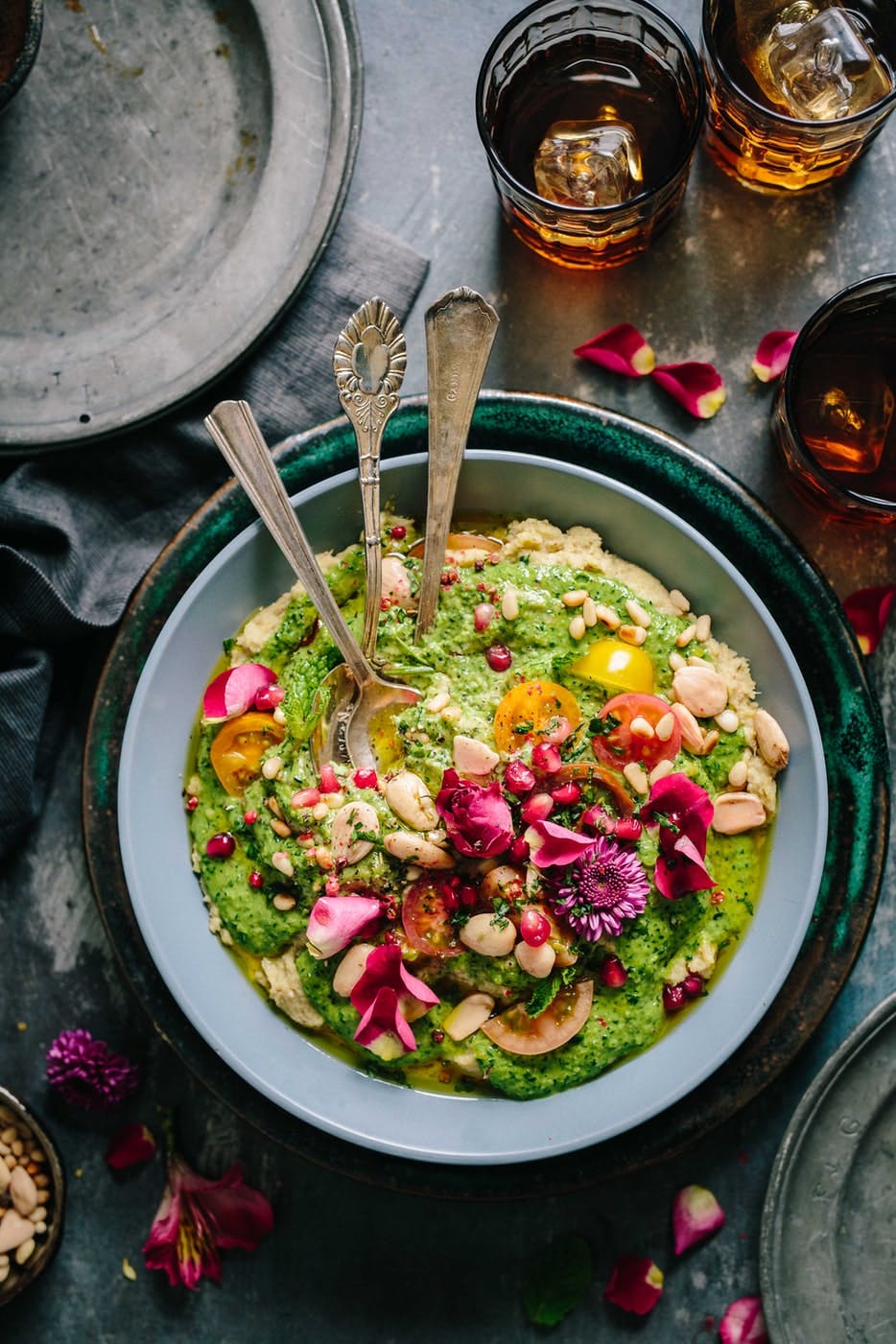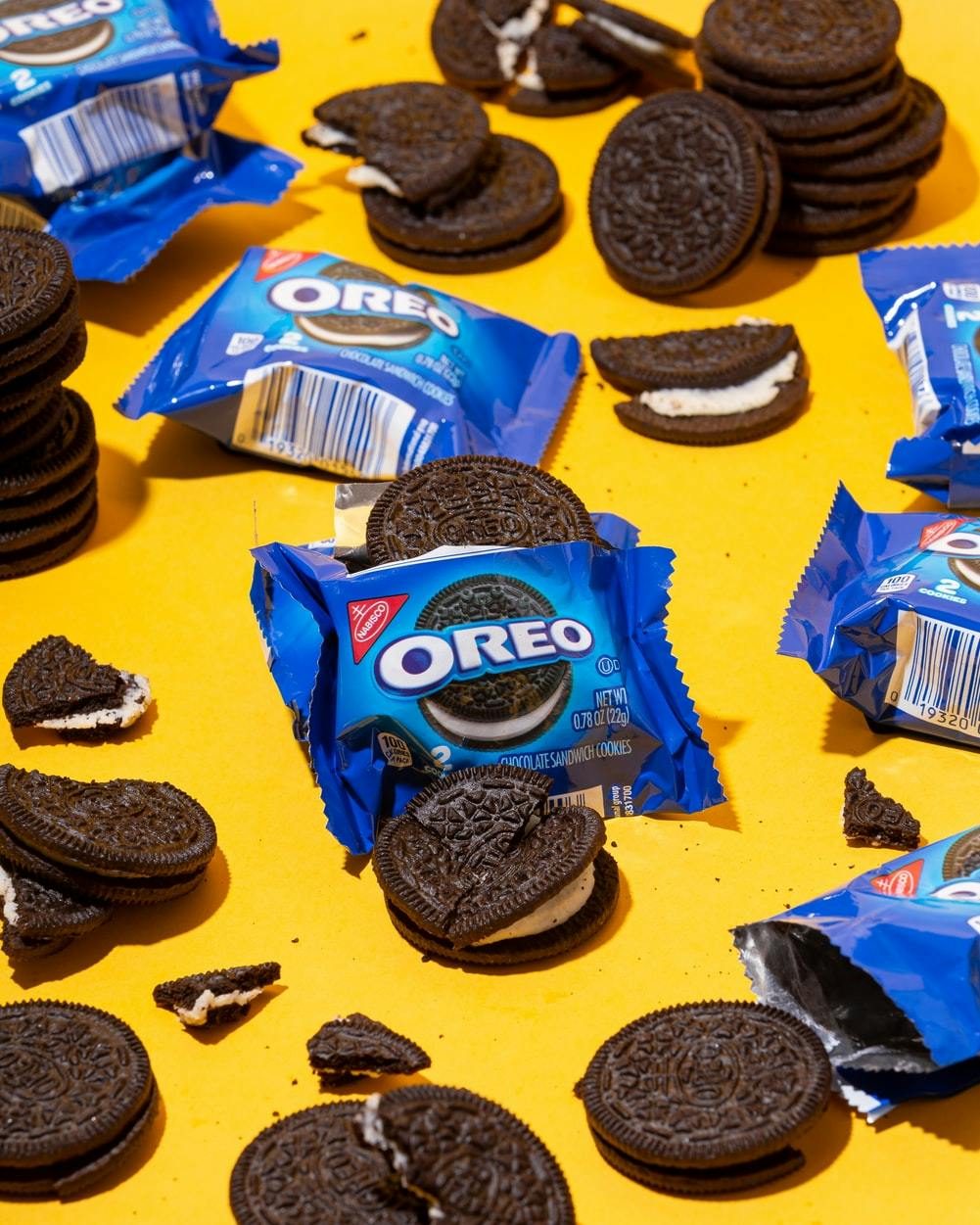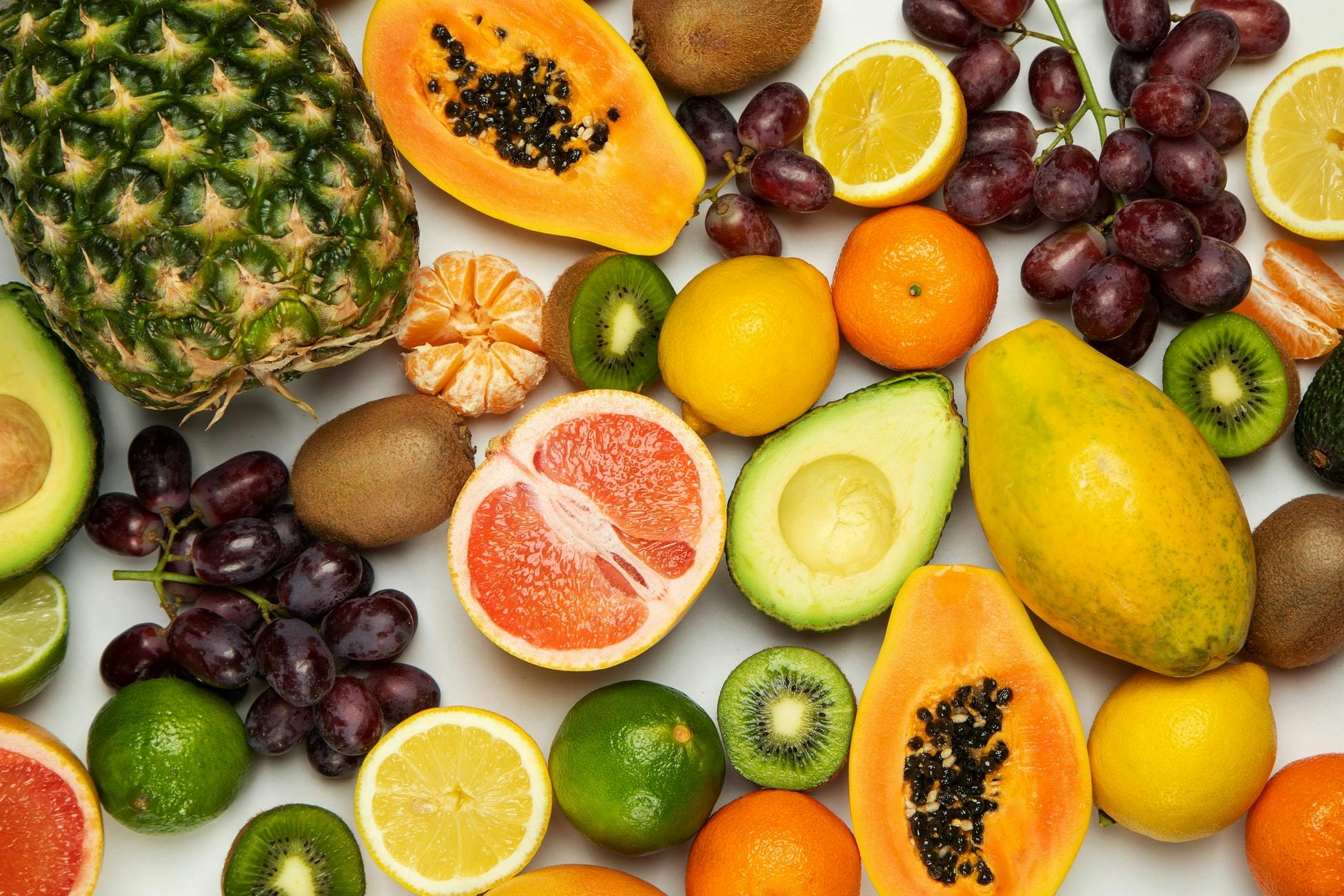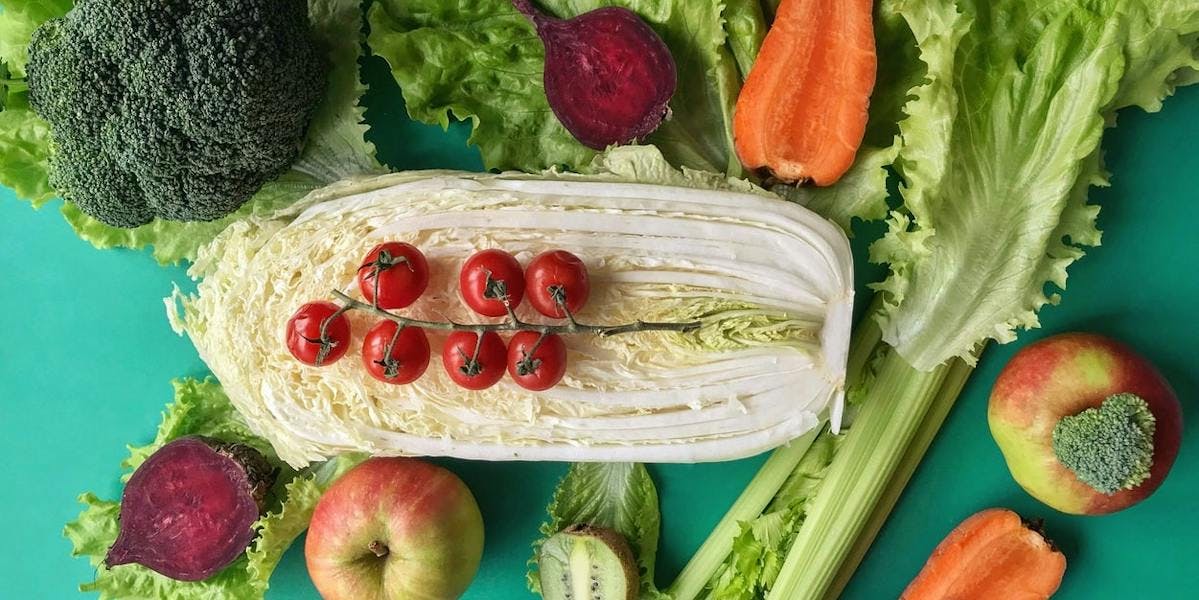Lifestyle
Diets Dissected: The Vegan Diet
by Aly Findlay
3min read
The vegan diet consists of foods made only from plants - meaning no fish, meat, eggs or dairy or any other animal products. But is this a healthy way to live? How can you avoid essential nutrient deficiencies? Read more to find out.
Veganism has become much more popular over the last few years, in part due to the rise in concern of our climate crisis, exposure of the realities of the meat and dairy industries, along with growing evidence of the resulting health benefits.
What is veganism?
The vegan diet was coined after the “Vegan Society'' was founded in 1944 in the UK. They began as ‘Non - Dairy Vegetarians’ then settled on the word “Vegan'' as one of the founders described as ‘the beginning and end of vegetarian”.
Many people follow a vegan diet and lifestyle for a range of reasons; with half a million people taking part in the 2021 Veganuary campaign, its popularity has soared tremendously in the last five years. For those who are plant-based for ethical and moral reasons, veganism is a way to exclude any form of animal exploitation from their diet and lifestyle. For some people, this choice excludes everything from wearing leather, eating honey and using skincare products tested on animals. Others may follow the vegan diet for health reasons, as cutting out animal products and eating only plants has many perceived benefits to the body.
What can you eat as part of a vegan diet?

Vegan-friendly foods include;
- All fruit (apples, pears, bananas, berries, oranges)
- All vegetables, ranging from root veg (ie potatoes) to greens such as broccoli to cabbage and non-starchy veg such as peppers, mushrooms and aubergine.
- Nuts and seeds (such as cashews, peanuts, coconuts, sunflower and pumpkin seeds)
- Grains (wheat, rice, barley, oats)
- Processed grains (flour, pasta, bread, noodles)
- Beans and pulses (kidney beans, soya, chickpeas, lentils)
- Processed or fermented beans (tofu, tempeh, puffed beans, cereals)
- Dairy alternatives (such as milk, cheese and ice cream made from oats/almonds/coconut)
- Vegetable and seed oils, such as olive, sunflower, rapeseed, sesame.
As well as some things that might surprise you;

- Oreos, bourbons, party rings, jammie dodgers and more biscuits.
- Lotus Biscoff spread
- Supermarket doughnuts
- Skittles, Jelly tots, Starburst and other sweets.
- Hula hoops, Pringles, Tyrrells and other crisps.
These may not be the healthiest choices when it comes to snacking but demonstrate that the vegan diet is not as restrictive as some may think.
Key health benefits of the vegan diet
Heart health
With the lack of animal products, the vegan diet is naturally very low in saturated fats. Unhealthy saturated fats contribute towards high cholesterol and can cause clogging of the arteries, whereas a diet low in saturated fats means reduced cholesterol and blood pressure, therefore reducing the risk of heart disease and stroke. Healthy unsaturated fats found in nuts, seeds and vegetable oils etc can also help to reduce levels of bad cholesterol and contribute towards better heart health.
Eating a diet high in fruit, vegetables, and legumes is associated with lowering the risk of heart health issues. This is down to the high fibre content in these foods; fibre is associated with lowering bad cholesterol, lower risk of cardiovascular disease, lower blood pressure as well as reduced risk of obesity and type two diabetes.
The combination of no animal products and lots of fresh fibre rich plant foods makes the vegan diet optimal for heart health.
Lower risk of obesity
Plant foods are typically lower in calories than animal foods. They are also much lower in saturated fats and higher in fibre, so weight loss can be a natural initial effect when switching to a vegan diet.
That being said, this wouldn’t be the case if your vegan diet is predominantly made up of like-for-like vegan junk food or highly processed foods.
Cancer prevention
A balanced diet high in fresh fruit and vegetables will naturally lead to a higher intake of antioxidants and other plant compounds that can reduce your cancer risk. For example, broccoli contains a plant compound called sulforaphane which has been shown to help kill cancer cells. In addition, tomatoes contain a compound called lycopene, which can help to reduce the risk of some cancers as well as reducing blood pressure.
The vegan diet is also free from processed meats, which are known to be a potential risk for certain types of cancers. Eating a diet rich in legumes, a common feature of a plant-based diet, will also reduce the risk of developing bowel cancer.
Soy products such as soya milk, tofu and tempeh have been shown to reduce the risk of developing breast cancer. Breast cancer cases are caused by hormonal issues, soy contains isoflavones which have strong antioxidant compounds, meaning that they reduce the damage to cells which helps fight against cancer cell development.
Gut health
As it is centred around foods such as fruits, vegetables and whole grains, the vegan diet is naturally high in dietary fibre. Dietary fibre is vital for feeding a healthy gut microbiome, and keeping your gut happy and functioning properly..
Can the vegan diet be unhealthy?
Like all diets and lifestyle choices, the vegan diet can be unhealthy if not planned and given proper thought. This might come down to a few factors;
A diet high in highly processed foods, such as;
- Refined processed carbs: white bread, pasta, crisps etc.
- Processed sugary foods: sweets, chocolate etc
- Fried foods such as chips, onion rings, fried meat alternatives.
- Vegan cheeses, high in saturated fats (often made from coconut oil)
With the rise in popularity of the vegan diet, there are many more choices and vegan alternatives available. The foods mentioned above are often highly processed and can be high in saturated fats and sugars, as well as being lower in fibre and lacking in good nutrient sources.
You can still have a healthy vegan diet whilst consuming these foods — they are just best kept to a minimum, as part of a balanced diet, with the majority of your nutrients and energy coming from whole plant foods.
There are a few key nutrients that need to be kept in mind when eating a vegan diet, which are not as readily available in plant foods as they are among meat and dairy. These are;
- Vitamin B12
Vegan sources of B12 include marmite, nutritional yeast and fortified foods such as milk and cereals. However, if you don’t regularly have two portions of these foods a day it is important to take a supplement. B12 deficiency can result in anaemia and also irreversible damage to your nervous system.
- Vitamin D
Vitamin D is essential for keeping our bones healthy and also contributes to muscle function as well as regulating your immune system.
It’s difficult for anyone, vegans and non-vegans, to get enough vitamin D through their diet. Our body creates vitamin D from direct sun to skin contact, so especially during the winter months, where direct sunlight is limited, we should be taking a vitamin D supplement. There are some dietary sources such as oily fish, red meat and eggs. As these are not sources found in a vegan diet, it is necessary to take a supplement, to avoid deficiency.
Watch out for some vitamin D supplements as they can be made from wool or other animal sources, so would not be vegan. There are vegan-friendly vitamin D supplements available.
- Iron
Iron is required to produce red blood cells and carry oxygen around the whole body. There are many plant sources of iron, including chickpeas, tofu and other soya products, lentils, beans, dark leafy greens, seeds and dried fruits. As long as you have daily sources of plant iron in your diet you shouldn’t require a supplement.
There are a few natural sources of Omega 3 fatty acids in the vegan diet, such as chia, flax, walnuts, hemp and kiwis. These fatty acids come into the body in the form of ALA (alpha-linolenic acid). The body will convert this ALA into another form, EPA (Eicosapentaenoic acid), then into DHA (Docosahexaenoic acid), when it can be efficiently used. The conversion is not very efficient so the amount of ALA (plant-based omegas) needed to produce adequate levels of DHA in the body is very high.
Omega 3 is used for building, providing structure to and repairing cell membranes. It also has an anti-inflammatory effect to protect the brain from damage and is a healthy fat that contributes to good heart health and reduces bad cholesterol in the bloodstream.
The main dietary sources of sufficient DHA are oily fish and seafood, but it is also available from algae sources. As the vegan diet excludes fish oils and seafood, it is advisable to have an omega-3 supplement (often sourced from algae oil) to ensure you have adequate levels in the body.
- Protein
Despite it being a common concern, having protein deficiency in the diet is very rare in the western world. Although you may not be consuming the obvious protein sources, like meat, fish and eggs, there are many different protein sources that can be found in hundreds of plant foods.
As long as you are eating a balanced diet with a variety of different whole plant foods you should be able to meet your body's protein requirements. It is important to combine different types of plant proteins, as not all plant foods give you the complete set of amino acids required by the body. By eating a variety of protein sources, you are more likely to access all the amino acids your body needs.
Some of the top plant protein sources include;
Tofu - 12.6g per 100g
Edamame - 11g per 100g
Lentils - raw about 20-23g/100g
Chickpeas - 7.2g per 100g
Borlotti beans - 9g per 100g
Kidney beans - 6.9 per 100g
Peas - 5.5g per 100g
Peanuts/Peanut butter - 26-27g per 100g
Walnuts - 17g per 100g
Is the vegan diet worth trying?

With proper education and adequate planning, the vegan diet has the potential to be one of the healthiest diet options out there. With the lowered risk of cardiovascular diseases, obesity and cancers (along with beneficial climate effects), it is a way of eating that could help a lot of people, and should be encouraged. It’s not as restrictive as many would think, and is therefore easy to sustain.
As a result of its growing popularity, eating out on the vegan diet is becoming easier and easier, and the options in supermarkets are becoming more varied and accessible. You can even get delicious chef-cooked vegan meals delivered straight to your door.
Combined with the growing research on its health and environmental benefits, I think the vegan diet is here to stay, and will only increase in popularity.
Got any other questions for Aly about the vegan diet? Let us know in the comments below.
By Aly Findlay
Aly is our go-to nutrition hero as she studied Human Nutrition at uni (makes sense, right?). She’s also always on hand to help our customers, and provide our team with coffee. Lots and lots of coffee.
Let us take care of dinner
We help to make eating more plants easy and delicious. Fancy letting us take care of dinner? Check out our delicious meals here.
Shop now
